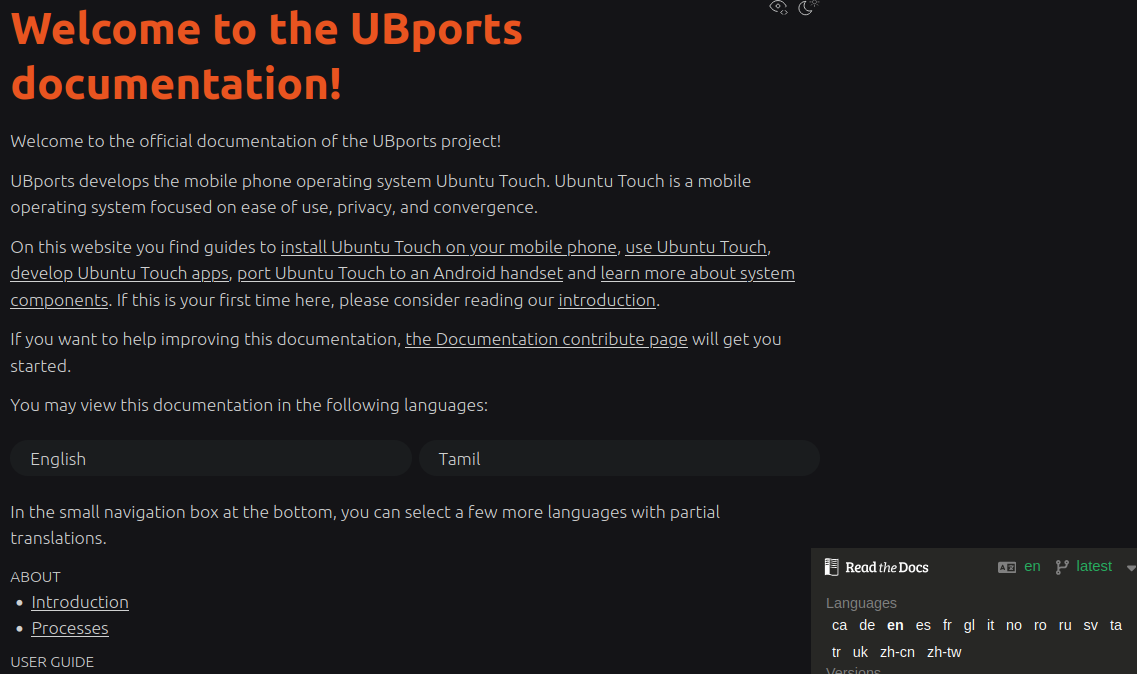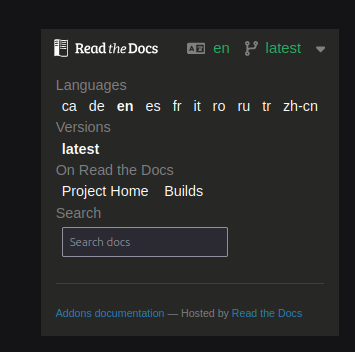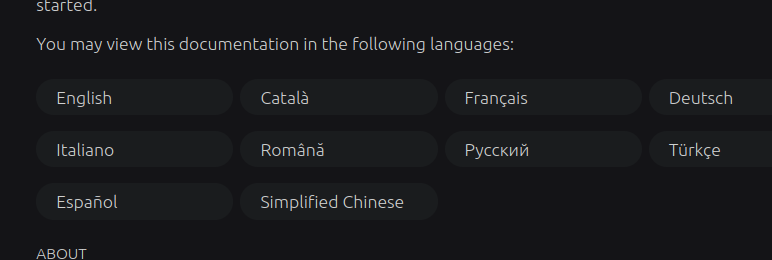@applee I wanted to leave it at that, but the topic keeps spinning around in my head.
I understand future proof, capacity, priorities, etc, etc, as well as scratching ones own itch, opinions being allowed to differ and above all else meritocracy. But I'll put these disclaimers aside for one more sec and look at this more strategically/architecturally.
Let's say someone writes (or updates) a solitaire game. Built with gtk/gnome, all newest best of breed, responsive design, wayland, sandbox ready, younameit. Also super standalone, wouldn't really need any platform integration to speak of as it has no notifications, doesn't read or write user files. But even if it needs any platform integration it is fully flatpak portal ready. You know, as state of the art and future proof as it gets. If we take Libertine out of the gui equation then the only way this application could come over to UT is if someone did the work to use UT's packaging format "click" to bring it in. In the previous/original vision of Libertine I would assume it to be sufficient to apt install the package from upstream ubuntu and then letting wayland be wayland.
So despite of what I said before of Libertine being basically a place to install "legacy" applications, it might be more appropriate to say upstream (apt) applications. Some of which might be "legacy" (non-responsive, X, dated stuff), but others might perfectly well be "modern" (response, wayland, etc).
But, of course, climbing down from my strategic vision horse back into reality, a lot of parts are moving: mir/wayland, upstart/systemd and if Libertine got (more) broken along the way and no one is fixing/rewriting it, then that's how it is.

 .
.


 :see-no-evil_monkey: I shut up
:see-no-evil_monkey: I shut up
